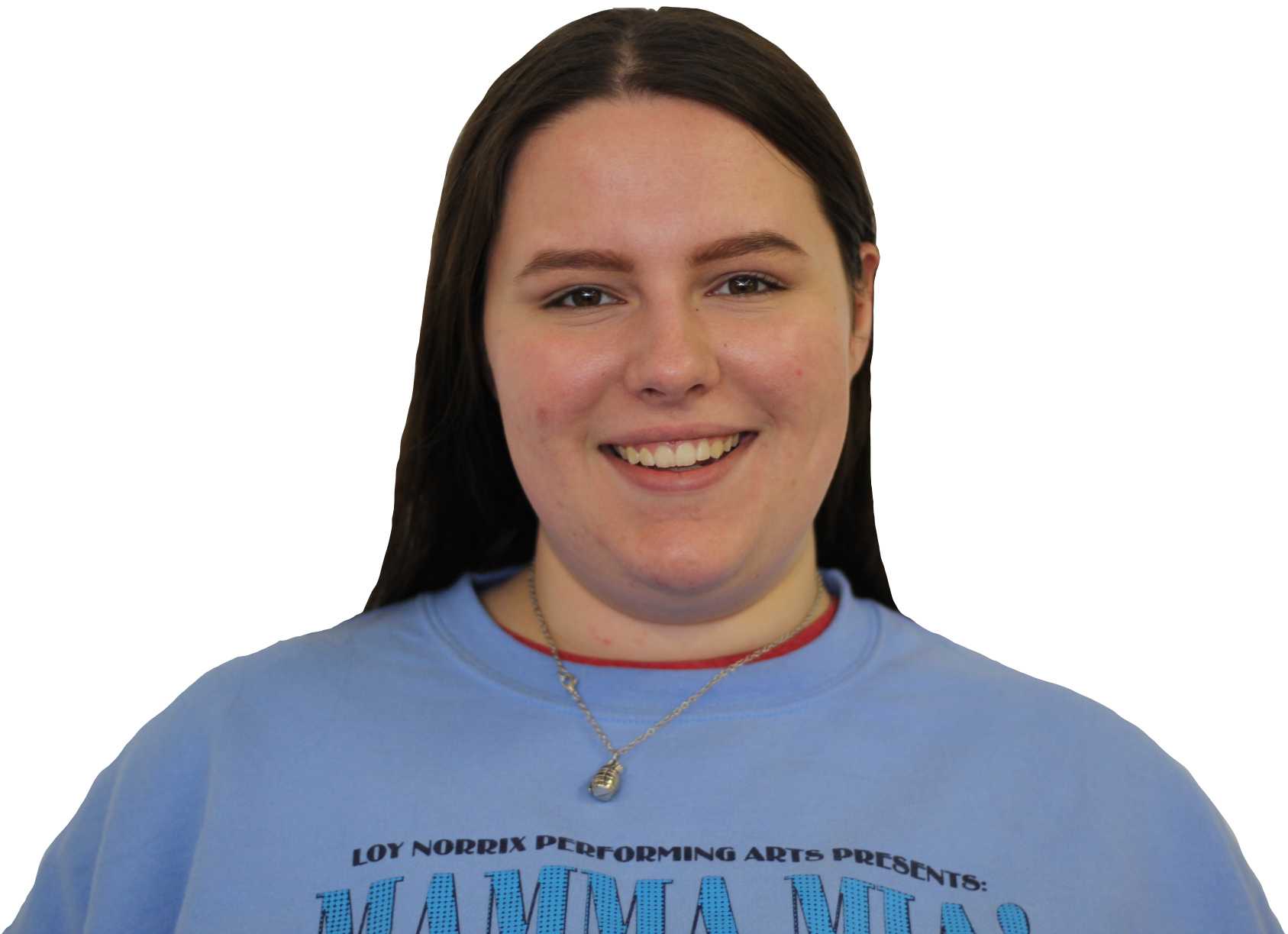By Abigail Hauke

I’ll admit it–I photoshop myself. I have apps on my phone that I open every time I want to post a new selfie on Instagram, apps that arm me with tools to reshape, resize, and revise any part of my body or face that I don’t find to be acceptable. I find no shame in doing this because the people in charge of beauty corporations seem to do the same to every single model seen in magazines, advertisements and social media posts.
It’s been a long time coming, but only recently have companies such as Modcloth, CVS, Seventeen magazine, and Aerie vowed to never photoshop models to be thinner, without facial or bodily flaws, or other cosmetic alterations such as tanning, addition of makeup, and relighting of photos.
Surprisingly, photoshopping isn’t a gendered issue. We often think only women are affected by body image issues, however, according to a poll published by “The Guardian,” 22 percent of boys of age 10 say their number one concern is their body image. Nearly half of boys and girls in grades three to six want to be thinner, according to a study published by “U.S. News.”
The root of this problem can be traced back to advertisements and commercials that have idolized models of unsafe weights, unreal proportions and unnatural features.
We are taught as soon as we turn on the television, check social media, or walk outside to the nearest billboard or in-store advertisement that slimmer is better, that intense dieting is the way to go, and that we should never be satisfied with the way we are because we can always make ourselves better with the hot new product available for $19.99.
Photoshop has ruined our concept of beauty because we refuse to see so-called “flaws” as beautiful. Half of society praises models who starve themselves for work, and the other half develops poor self-esteem from comparing themselves to these risky behaviors promoted by models.
Jean Kilbourne, an activist, speaker and author, dedicates her time to researching ways to solve the issue behind the spread of false imagery in advertisements.
“It’s not just that we see these images once, or twice, or even a hundred times. They stay with us and we process them mostly subconsciously… The advertisements create an environment that surround us with unhealthy images and that constantly sacrifices our health and our sense of well-being for the sake of profit,” said Kilbourne.
Aerie, an intimates and swimsuit line produced by American Eagle, seeks to stop photoshopped models once and for all. Their new campaign, “#AerieREAL” brings eight “Role Models” to the campaign, ranging from actresses, to athletes, to activists, to YouTubers. The campaign includes Brenna Huckaby, a Paralympic medalist in Snowboarding, Jameela Jamil, activist and actress known for NBC’s “The Good Place,” and Molly Burke, a YouTuber and motivational speaker known for speaking out about her life as a blind person, among others. None of these models have been photoshopped in any of their #AerieREAL photoshoots.
Like Aerie, Kilbourne believes in power of showcasing models with flaws, “Is it empowering and self-esteem building to see ‘real’ people with all their ‘imperfections’ embraced out in the open? Absolutely.”
Personally, I still have the photoshopping apps on my phone, and I don’t plan on deleting them. I cannot stand posting a selfie with easily fixable acne, red eye or a waistline that could be that little bit smaller.
Amanda Fortini of “New York Magazine” believes that photoshopping industry doesn’t have to be entirely corrupt. In her article, “In Defense of Photoshop: Why Retouching Isn’t As Evil As Everyone Thinks”, she refutes that altering images isn’t immoral, it is simply a process in making an image as aesthetically pleasing as possible.
“Our interest in altered images is not purely moral; it’s also aesthetic … A picture should convey, ‘objectively’, without undue intervention, what the lens originally captured,” said Fortini.
In the face of every ad and commercial presented to consumers by corporations that convince us we’re unattractive because of our flaws, we must become more critical of what we see on the screen.
“The problem isn’t altered photographs; it’s our failure to alter our expectations of them.” said Fortini.
In October of 2015, actress Zendaya spoke out about her disgust for photo manipulation when Modeliste Magazine edited and published heavily photoshopped images of the actress in their latest issue. “I found my 19 year old hips and torso quite manipulated,” Zendaya wrote in an Instagram caption. “These are the things that make women self conscious, that create the unrealistic ideals of beauty that we have.”
Continuing to follow the same unspoken code of beauty fueled by false images will only cause us to raise our standards higher and higher, degrading what we think is beautiful in the process. Empowerment should be advertised to us in the form of what is attractive and also real, not through perpetuated lies.
Our concept of beauty should be defined by us, the common population, not by those with the power to alter, distort, and rework the human body until it is deemed beautiful enough.
Categories:
Photoshop Has Ruined Our Concept Of Beauty
April 22, 2019
0
Tags:
More to Discover







